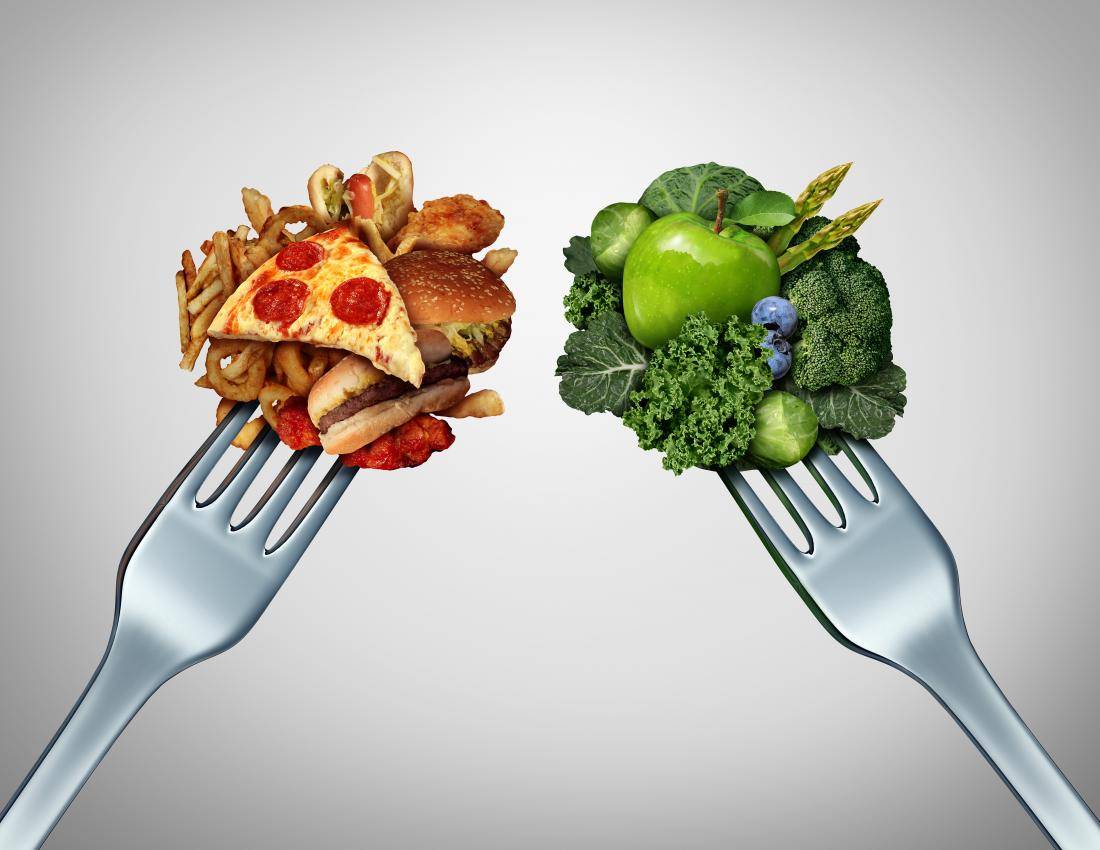The definition of a calorie, so far as nutrition is concerned, is the amount of heat required to raise the temperature of one kilogram of water 1oC. In reality, a calorie is a measurement of heat energy. Weight loss is fully dependent on consuming fewer calories than you expend during a 24 hour period.
This seems so simple and straightforward that I am constantly amazed by new diets that emerge making the claim "Never Count Calories Again and Lose Weight!" Calories in/calories out is the only way to lose weight and keep it off. To pretend that there is a quick fix or a miracle diet that no one has ever thought of before is the work of pure marketing greed.
This is not to say that, in some cases, the claim doesn't have some basis in reality. Low carb diets generally make the claim that calories don't count. But the nature of the diet, filled with protein, fats, and vegetables is already a low-calorie diet. Other popular diets like Weight Watchers developed a calorie counterpart, the points system. In this system, points are a measurement of protein, fats, carbs, and fiber in a food portion. While not counting calories exactly, the Weight Watcher's system still uses a counting approach. This approach is indirectly related to counting calories with smaller numbers to manipulate.
Do Calories Matter: Speculation About Motives
Let me speculate about the motives for diet authors to make the claim that calories do not count. This is pure speculation on my part so I am making this disclaimer right at the start. I certainly don't wish my thoughts to be taken in any other way.
That being said, I invite you to go to your local bookstore. Go to the diet section and explore. Here you'll find row after row of shelves, perhaps 12 feet long and 6 feet high, filled with diet books. Each one claiming they have the best answer to weight loss. Many of them will make the claim that counting calories is (not might be) is unnecessary for weight loss. I think there are some clear reasons for authors to make this claim.
Marketing
First, the author and publisher wish to sell books. What's written on the pages is less important than what is in the marketing claims. Marketing sells books as if they were boxes of corn flakes. No matter that what's inside the box is unhealthy, filled with chemicals and flavor enhancers. What matters is the pretty picture on the box and the advertising slogans that create a need for corn flakes.
The same is true for marketing books. I can conger up a picture of a group of creative advertising people sitting around a table at a major publishing house. "We need a book that claims that you don't have to count calories to lose weight."
Extreme Exercise
Many of the books claiming that calories do not count stress bodybuilding exercise routines. If you spend all day in the gym exercising, building fat deprived muscle, that alone will cause you to lose weight. Couple that with supplements to replace protein and vitamins lost because you are eating a weightlifters diet and it is true you never have to count calories. But unless you are independently wealthy or you wish to have the freakish body of a bodybuilder, how do you afford to stay in the gym all day, every day? If you examine the claims made for exercise routines and eating without regard to calories, you'll find many quite extreme approaches to exercise.
Do Calories Matter: Final Analysis
The truth is that calories do matter. Without counting calories, you're just kidding yourself about losing weight. You'll remain on the yo-yo of losing weight and gaining it all back, and more, forever. The problem with diets stressing counting calories has always been that they seem to be restrictive. Once a doctor gave me a 1200 calorie a day diet. I was 23 years of age and only slightly overweight at the time. I laughed out loud, left the office and never saw that doctor again.
But counting calories does not have to be restrictive. In fact, the only thing that has to be restrictive is the rate at which you lose weight. Begin with the number of calories one naturally burns every day. For sedentary women, between the ages of 31 to 50, the average calorie burn is 1,800 per day. For moderately active women, it's 2,000 calories. For active women, it's 2,200 calories per day. For men in the same age range, the numbers go up by ten to fifteen percent.
This means that on an average day if you burn 2000 calories a day naturally, to maintain your weight you must consume 2000 food calories. If you wish to lose weight at a healthy pace, you should eat around 200 calories fewer than you burn. If you burn 2000 calories you should eat no more than 1800 calories a day.
But you needn't do this by restricting all the foods you love. There are a few things you should eliminate from your diet. Refined sugar, refined salt, refined flour, and food like concoctions that you buy in a box. Other than that, eat what you love, but control your portion size. Don't wait until you are full to stop eating. Turn in your membership to the clean plate club. Turn your attention to healthier choices. Shop the perimeter of the supermarket, leaving the processed food aisles for nothing more than walking, adding steps to your daily routine.
If you are feeling deprived, cheat. There is no harm in a candy bar once in a while. A slice of bread with real butter is a return to comfort food and does little harm. But these small cheats will not destroy your weight loss program so long as you account for the calories in the foods you cheat with.




No comments yet
Be the first to share your thoughts!